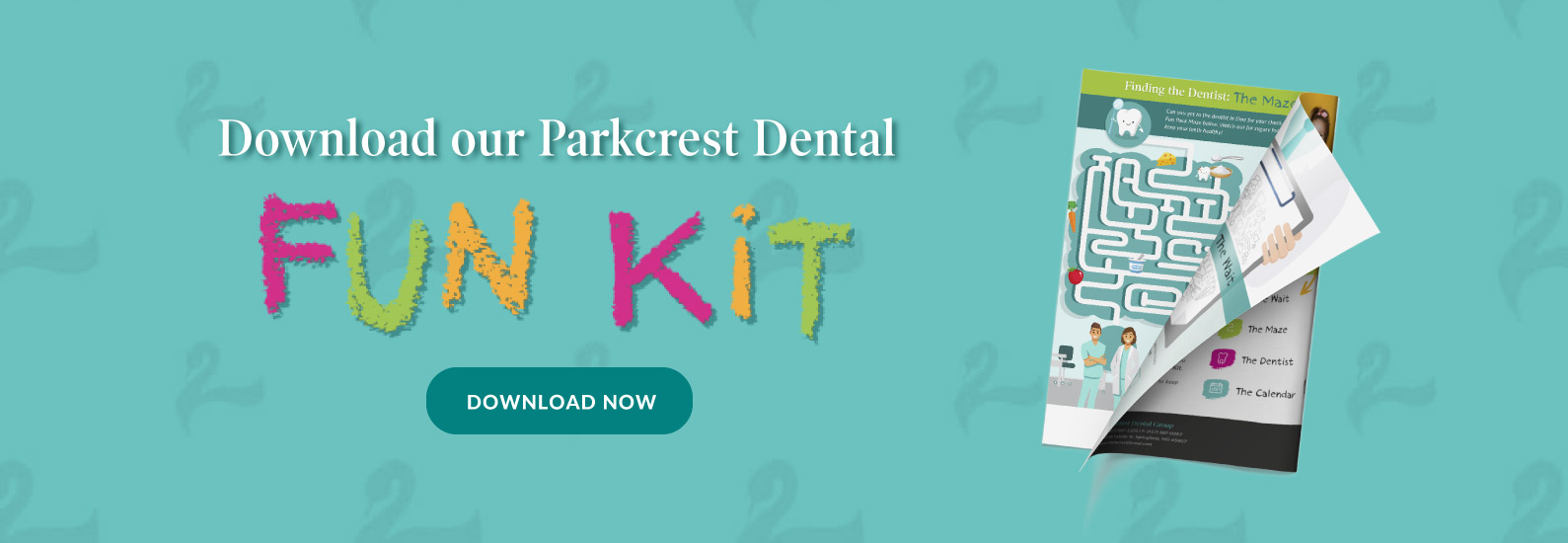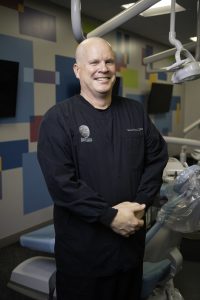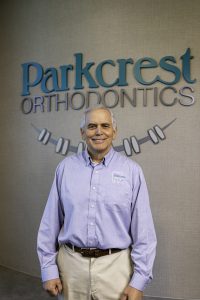In the last Parkcrest Dental Group blog, we discussed baby teeth. We talked about ways to soothe teething and when to visit your pediatric dentistry office for the first time. We also went over the typical timelines for baby teeth to come in, but there is a lot more to baby teeth. Some people might wonder why baby teeth matter if they are only going to fall out later, so we will broach that topic along with a few other tidbits. We hope that by the time you finish the second installment of our blog on baby teeth that you will fully understand the importance of pediatric dentistry. If after reading this blog you wish to speak to a pediatric dentist, feel free to contact Parkcrest Dental Group.
When to Start Brushing and Flossing Your Child
Everyone knows that great oral health starts with great oral habits. Nothing matters more than brushing and flossing teeth. You can get your child the best pediatric dentistry money can buy, but if you don’t brush or floss their teeth, your children could still end up with cavities or other oral issues. In fact, you should brush your child’s teeth (or tooth) as soon as they come in. You can buy soft-bristled toothbrushes made especially for children and start brushing with fluoride toothpaste immediately. When it comes to flossing, you don’t need to worry until your child has teeth touching one another. Once you can no longer fit a brush between teeth, you need to start flossing your child’s teeth.
Related Post: Ideas To Get Your Kid Flossing From A Pediatric Dentist
When Should My Child Quit Sucking on a Pacifier?
Many small children suck their thumbs or pacifiers, and this should not alarm you. It is true that prolonged thumb-sucking can cause an overbite, but these effects only come into play once your child’s permanent teeth come in. Most of the time, children quit sucking on thumbs and pacifiers by the age of two. If they haven’t quit on their own by the time they are four-years-old, you should contact a pediatric dentistry office or a pediatrician. This way, you can get some pointers on getting your child to stop.
If your child uses a pacifier, you shouldn’t do certain things. You should never put anything sugary or sweet on the pacifier. This will increase the likelihood of your child developing cavities. If your baby is teething or upset, please do not ever even consider putting whiskey on the pacifier. And under no circumstances should you put your mouth on your child’s pacifier. The bacteria in your mouth is extremely unhealthy for infants.
Why Should I Worry about Baby Teeth?
Think of baby teeth as placeholders for your child’s real teeth. If a pediatric dentist in Springfield, MO, has to pull your child’s baby tooth, then that creates a gap. If other baby teeth crowd this gap, then it can cause the adult tooth to erupt at an incorrect angle or in an incorrect location.
Baby teeth also help your child develop proper elocution. Without certain teeth, you cannot properly produce all the sounds needed for the English language. Children learn to speak during these pivotal years, and if they learn improperly due to missing teeth, then they may continue to speak that way unless they undergo speech therapy.
Related Post: Pediatric Dentistry Advice: When To Start Brushing Baby Teeth
Choose Pediatric Dentistry at Parkcrest Dental Group
If you are looking for pediatric dentistry you can trust, look no further than Parkcrest Dental Group. We have your child’s oral health in mind, and we love all things teeth. We foster a great environment for little ones to feel relaxed and comfortable during their stay with us. We encourage you to talk to us about choosing the pediatric dentist in Springfield, MO, by contacting Parkcrest Dental Group today.






